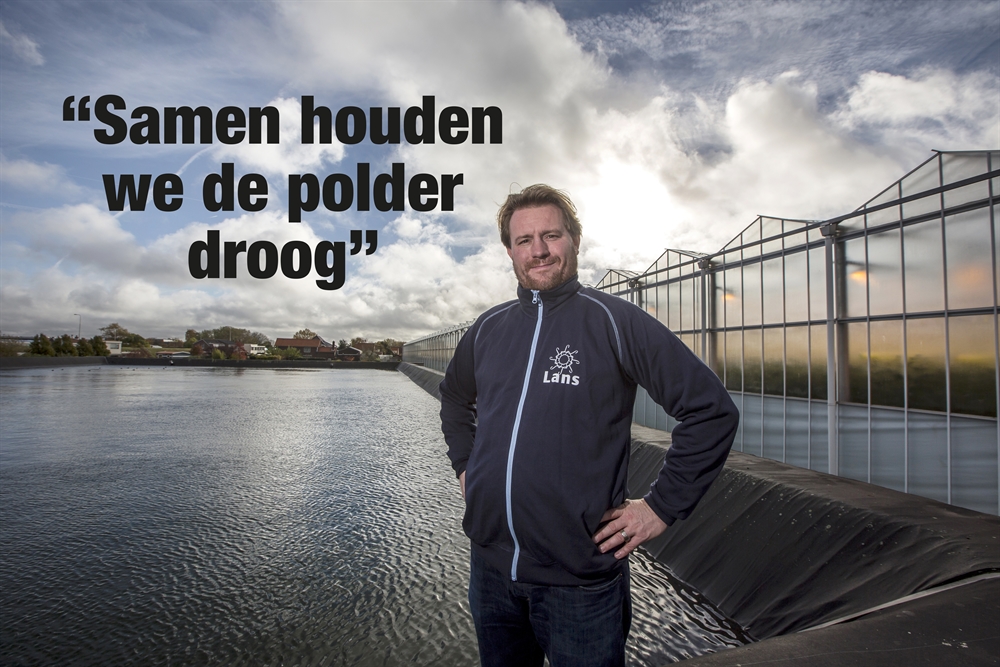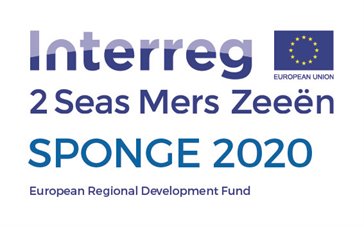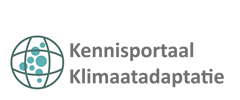Rainlevelr: horticulturists joining forces with the district water board to combat waterlogging
In the Rainlevelr project, horticulturists are helping residents keep their feet dry by creating room in their rainwater basins or silos prior to a severe downpour. This is done on a voluntary basis. The Delfland district water control board informs the horticulturists on expected precipitation and notifies them whenever more water storage room is required.
The Delfland board issues a once-only grant to cover the construction of the additional facilities; the horticulturists use and maintain the facilities. This collaboration is reducing the risk of waterlogging and water damage. The Rainlevelr project has been initiated by market gardeners, the municipality of Westland, the Delfland district water control board, and the Dutch Federation of Agriculture and Horticulture LTO Noord Glaskracht. The ambition is to connect 80 per cent of greenhouse farming operations in Delfland within 20 years.

First of all, the project has answered the question as to whether the use of basins constitutes an effective measure to combat waterlogging. The answer is affirmative. At local bottleneck locations, the use of a single basin may provide a solution. Furthermore, the project has explored the impact on operational management, in particular if the expected downpour fails to fall. These outcomes have served as the basis for developing a notification system for the Delfland district water control board to inform the horticulturists.
The short video film below illustrates how Rainleverl works:
As from 1 January 2018, eight businesses have joined the initiative, resulting in 77 hectares of glasshouses being connected to the basins. In terms of storage capacity, this almost equals a Delfland polder water storage area. Many other companies have also indicated their interest in participating. Considering the vast glasshouse surface area within the Delfland region, the project holds great potential.
Lessons learned
The project was set up as a pilot project at a single glasshouse farm and gradually upscaled to include more farms. After running as a pilot project for four years, the concept was consolidated as standard policy. This enabled all the participating businesses to share experiences and develop a collective information base, both of which are essential to build trust and boost collaboration. The point of departure in the collaboration is that all the parties are working from their own domains and under their own responsibility. This keeps implementation simple.
Contact person
Saskia Jouwersma
Hoogheemraadschap van Delfland
06 46424928
sjouwersma@hhdelfland.nl

